This post is also available in: Español (Spanish) Kreyòl (Haitian Creole) Português (Portuguese)
Ze Min Xiao’s philosophy of belonging is simple: “It’s not just about meeting basic needs. It’s about giving people opportunities to contribute to society and feel like their authentic selves, not the selves we ask them to be,” she said.
Xiao came to this epiphany about belonging early in her career when she was working as the refugee liaison for the mayor’s office in Salt Lake County, Utah, and met a woman who had escaped genocide in Rwanda. The woman shared with Xiao how miserable she felt. Xiao asked why? She was safe, lived in a house and had her basic needs met. The woman replied, “I have nothing. My husband goes to work, my kids go to school and I’m just home alone by myself. Useless. Hopeless. I don’t feel like I can contribute to anything.”
This sparked a light bulb moment for Xiao: “It hit me that I could provide her with a lot of things, but I can’t give her back the ability to feel like she’s part of something and a sense of who she is as a human being,” said Xiao, who is a member of the W.K. Kellogg Foundation’s (WKKF) Global Fellows Network (GFN).
Xiao is now working to ensure every person in Utah feels that sense of dignity through her work as the founder, president and CEO of the Center for Economic Opportunity and Belonging. The center was founded in 2021 to engage with communities and catalyze private, public and philanthropic partnerships to remedy opportunity gaps in economic opportunity, education, health and housing in Utah.
Building coalitions for change
The center primarily serves as a convener, bringing communities and decision-makers together to co-create innovative solutions to community concerns.
“The relationship piece is really key to the work we do,” said Xiao. “We believe deeply that in order to create spaces where people are able to work together, we have to create trust between stakeholders.”
Recently, the center worked with 150 parents from two school districts to help them build collective power. Xiao and her team provided technical training and assisted them in identifying three core areas to concentrate their advocacy efforts. One of those issues was addressing the disparity in academic outcomes for their kids.
Data revealed that most of their children, who took buses to schools in a more affluent neighborhood, were underperforming compared to those who grew up in that neighborhood. “They feel like they don’t belong in schools because it’s not the neighborhood they’re from,” said Xiao.
After receiving support from the center, the parents decided to pack a school board meeting to elevate their concerns about this inequity with members of the board. They are now consistently attending meetings to ensure their concerns stay at the forefront.
“Individually you might not make the impact to get your voice heard. But if we build a coalition of 10 people or 10 small organizations who are doing the work, it elevates that voice,” said Xiao.
Xiao creates bonds where none existed previously. When meeting with a policymaker or other decision-maker to discuss a new program, she emphasizes the importance of engaging with local community members. She goes the extra mile by organizing focus groups to ensure the program aligns with the needs of the community. By establishing these connections, her goal is to ensure that decision-makers consistently engage with the community, regardless of the center’s presence.
“It’s a long game, and you have to start somewhere. You can’t just talk or do a training about it. You have to provide concrete ways to bridge people together,” said Xiao.
A network of leaders to lean on
Xiao founded the center in the middle of her fellowship at the WKKF Community Leadership Network (CLN) with the Center for Creative Leadership, which was extended from 18 months to three years because of the COVID-19 pandemic. Since the program ended, Xiao and her cohort have kept in touch regularly, and she even hired a couple members as consultants to help her at the center.
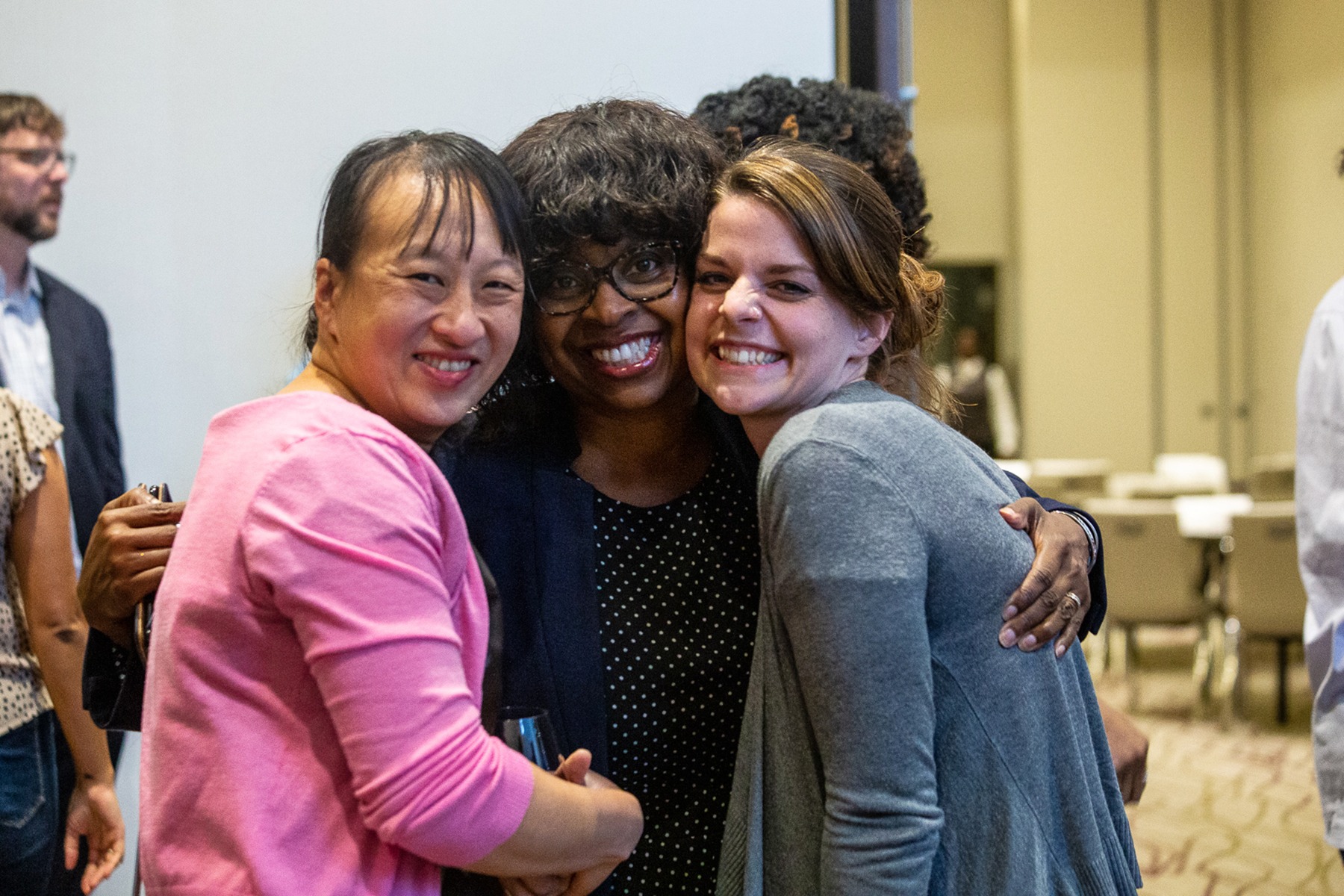
Ze Min Xiao (left), with CLN 2 fellows Tracey Joshua (center) and Sarah Stripp (right).
“We created this network of leaders across the country, who truly, deeply love each other, care about each other and support each other in ways that could not have been possible without this fellowship,” said Xiao.
After graduating from CLN Class Two, Xiao joined hundreds of peers in the GFN. Last June, Xiao also attended WKKF’s Global Leadership Forum in Johannesburg, South Africa. There, she forged a bond with john a. powell, director of the Othering & Belonging Institute at the University of California, Berkeley, that brought powell to Utah. Xiao hosted him and Arthur Brooks, author and professor at the Harvard Kennedy School, for a forum about bonding and bridging across society.
One of Xiao’s takeaways from the forum was the critical importance of multigenerational leadership, so she also arranged for powell to meet with young professionals of color during his trip. That conversation inspired more than 100 young people to meet once a month and develop their own network of support.
Passion for belonging
Xiao is deeply passionate about helping people find belonging in their communities. Her personal drive for this work stems from her grandmother who raised her after surviving the Cultural Revolution in China.
“She’s my hero. I really respected her survival skills and her resiliency. But I think more important is her passion for life, her optimism and her sense of hope. She held onto hope and dignity during the worst of times,” said Xiao.
The more Xiao works on belonging in Utah, the more she realizes that dignity is the key.
“There are so many injustices in this world. We have to do this work in a way where we’re giving people’s dignity back instead of taking it away,” she said.
Related Links:
- john powell on Bridging Divides, Othering, and Creating a Sense of Belonging
- The power of multigenerational leadership, WKKF’s Global Leadership Forum

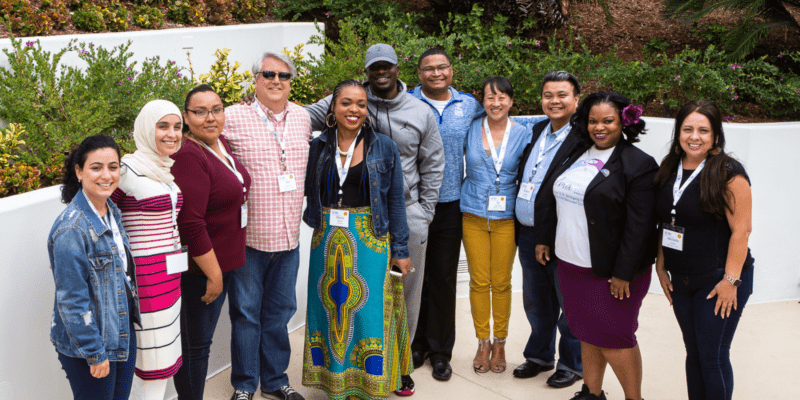
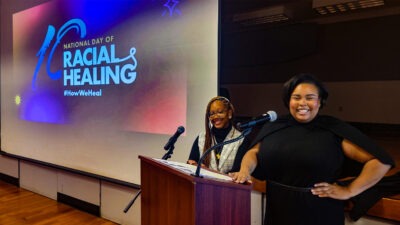

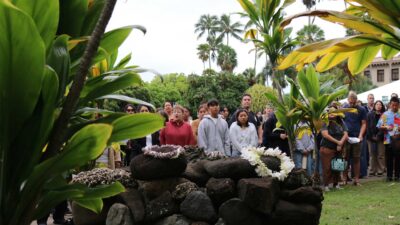
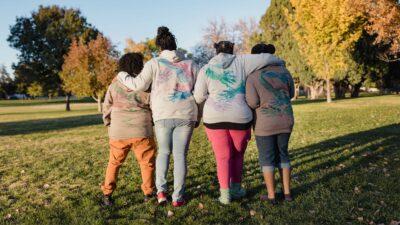
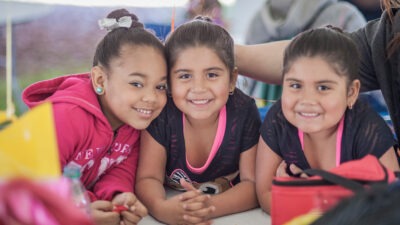
Comments